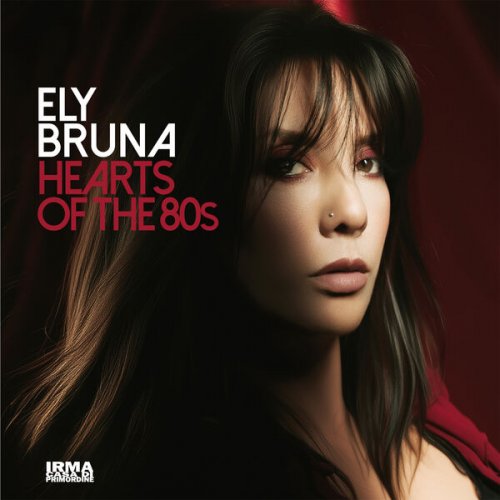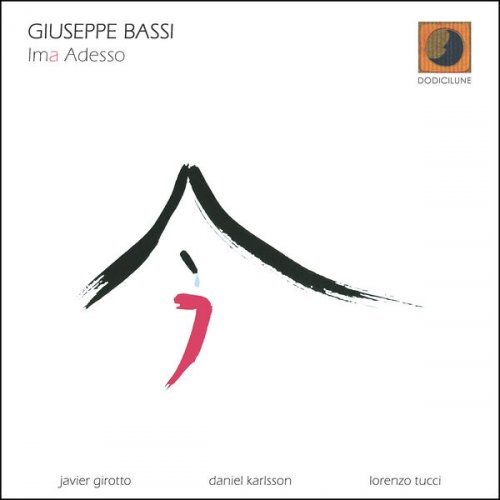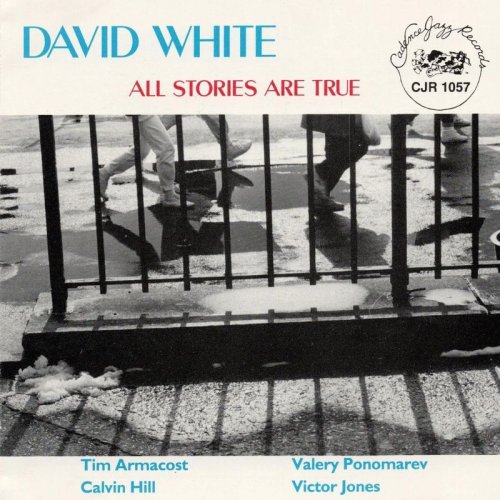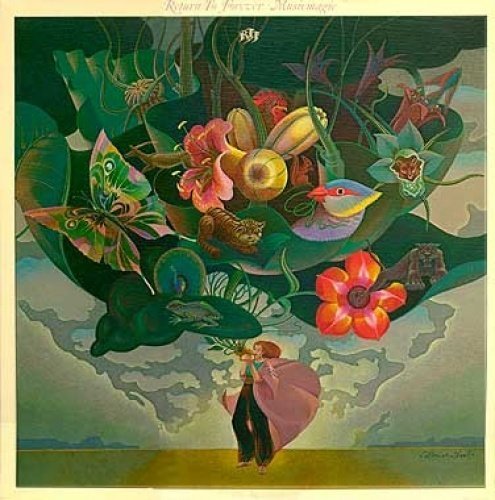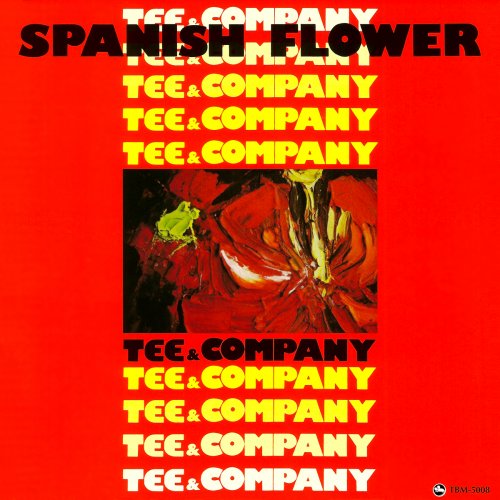Maria Kliegel - Popper: Romantic Cello Showpieces (2001)
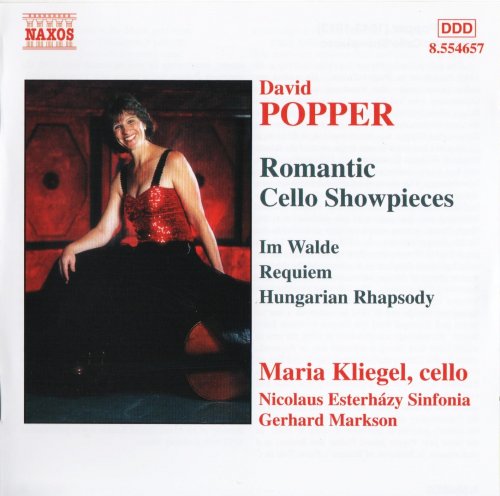
Artist: Maria Kliegel
Title: Popper: Romantic Cello Showpieces
Year Of Release: 2001
Label: Naxos
Genre: Classical
Quality: FLAC (image+.cue,log,scans)
Total Time: 01:01:06
Total Size: 268 Mb
WebSite: Album Preview
Tracklist: Title: Popper: Romantic Cello Showpieces
Year Of Release: 2001
Label: Naxos
Genre: Classical
Quality: FLAC (image+.cue,log,scans)
Total Time: 01:01:06
Total Size: 268 Mb
WebSite: Album Preview
David Popper (1843-1913)
01. Im Walde Suite for Cello & Orchestra Op. 50: I. Eintritt Entrance [0:05:48.67]
02. Im Walde Suite for Cello & Orchestra Op. 50: II. Gnomentanz Gnomes Dance [0:03:37.45]
03. Im Walde Suite for Cello & Orchestra Op. 50: III. Andacht Devotion [0:04:56.48]
04. Im Walde Suite for Cello & Orchestra Op. 50: IV. Reigen Round Dance [0:02:48.32]
05. Im Walde Suite for Cello & Orchestra Op. 50: V. Herbstblume Autumn Flower [0:02:36.45]
06. Im Walde Suite for Cello & Orchestra Op. 50: VI. Heimkehr Homecoming [0:03:41.65]
07. Wie einst schonern Tagen (Once In Fairer Days) Op64 1 [0:03:48.35]
08. Gavotte Op67 2 [0:02:21.60]
09. Papillon Op3 4 [0:02:35.30]
10. Requiem for 3 Cellos & Orchestra Op66 [0:06:55.05]
11. Spanish Dance Op54 1 [0:03:19.55]
12. Vito Op54 5 [0:04:34.50]
13. Wiegenlied Lullaby Op64 3 [0:03:14.33]
14. Spinnlied Spinning Song Op55 1 [0:02:56.25]
15. Ungarische Rhapsodie (Hungarian Rhapsody) Op68 [0:07:56.05]
Performers:
Maria Kliegel - cello
Caroline Stinson - cello
Johann Ludwig - cello
Nicolaus Esterházy Sinfonia
Gerhard Markson – conductor
The name of David Popper generally is known only to cellists, all of whom have had to struggle through his book of Etudes. The rest of the world's exposure to his music most likely consists of the Hungarian Rhapsody and one or two other showpieces, which usually are performed with just cello and piano. This disc of no less than nine different pieces shows Popper to be a gifted Romantic melodist and skilled orchestrator. Popper was pretty much the Rostropovich of the 19th century, and he wrote these works to show off his own virtuoso talents. Maria Kliegel is nearly always up to the challenges these works present, however extreme, and it is a treat to hear them performed with the originally-intended full orchestral accompaniment.
The suite Im Walde is a colorful set of pastoral scenes interspersed with a dark "Gnome's Dance" and a Strauss-like waltz. Kliegel's solid tone is not as big as that of today's superstars, but the Naxos engineers have placed her just a bit forward in the recording to maintain the balance. The Hungarian Rhapsody has appeared on many cello recital discs, but the only available versions with orchestra are some early Rostropovich recordings and an even earlier disc with Emannuel Feuermann. This work is more challenging technically than musically, so Kliegel holds her own, and for most listeners the modern sound will surely be preferable to that on the older recordings.
The rest of the pieces vary in quality from the gypsy-like Once in Fairer Days to the flashy Spinning Song. One nice addition is the Requiem for three cellos and orchestra, again only previously available with piano accompaniment. The full score brings out the emotion in the music, and Caroline Stinson and Johann Ludwig are admirable partners. The Nicolaus Esterházy Sinfonia plays very well throughout, and Gerhard Markson is a sensitive accompanist. The recording's somewhat limited dynamic range doesn't quite bring out the more brilliant moments, and the sound of the cello isn't as full as it could be. At budget price, though, even the casual cello fan will find this a good buy, and there is plenty to please lovers of late-19th century German Romantic music. -- David Preiser
The suite Im Walde is a colorful set of pastoral scenes interspersed with a dark "Gnome's Dance" and a Strauss-like waltz. Kliegel's solid tone is not as big as that of today's superstars, but the Naxos engineers have placed her just a bit forward in the recording to maintain the balance. The Hungarian Rhapsody has appeared on many cello recital discs, but the only available versions with orchestra are some early Rostropovich recordings and an even earlier disc with Emannuel Feuermann. This work is more challenging technically than musically, so Kliegel holds her own, and for most listeners the modern sound will surely be preferable to that on the older recordings.
The rest of the pieces vary in quality from the gypsy-like Once in Fairer Days to the flashy Spinning Song. One nice addition is the Requiem for three cellos and orchestra, again only previously available with piano accompaniment. The full score brings out the emotion in the music, and Caroline Stinson and Johann Ludwig are admirable partners. The Nicolaus Esterházy Sinfonia plays very well throughout, and Gerhard Markson is a sensitive accompanist. The recording's somewhat limited dynamic range doesn't quite bring out the more brilliant moments, and the sound of the cello isn't as full as it could be. At budget price, though, even the casual cello fan will find this a good buy, and there is plenty to please lovers of late-19th century German Romantic music. -- David Preiser
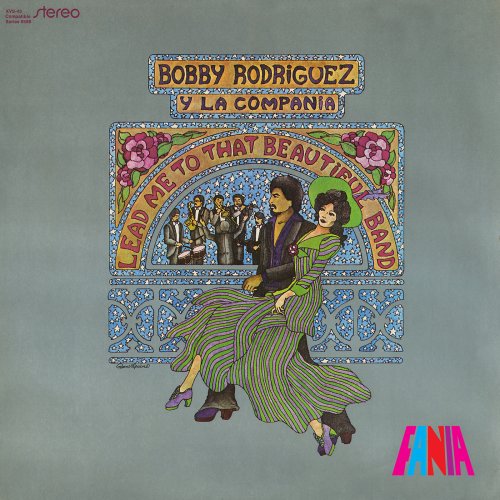
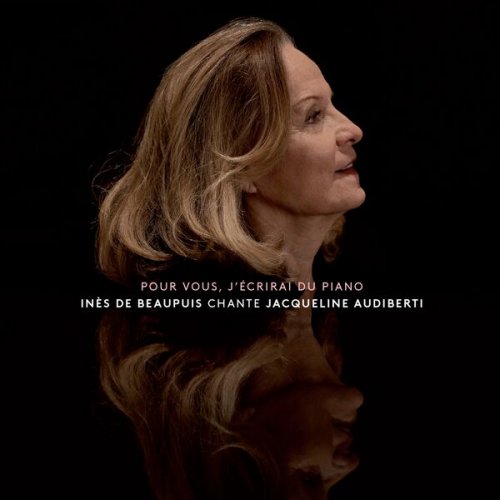
![Ragini Trio - 3 (2026) [Hi-Res] Ragini Trio - 3 (2026) [Hi-Res]](https://img.israbox.com/img/2026-02/19/uoki2dxo3dfz215xa2kz53gcp.jpg)
